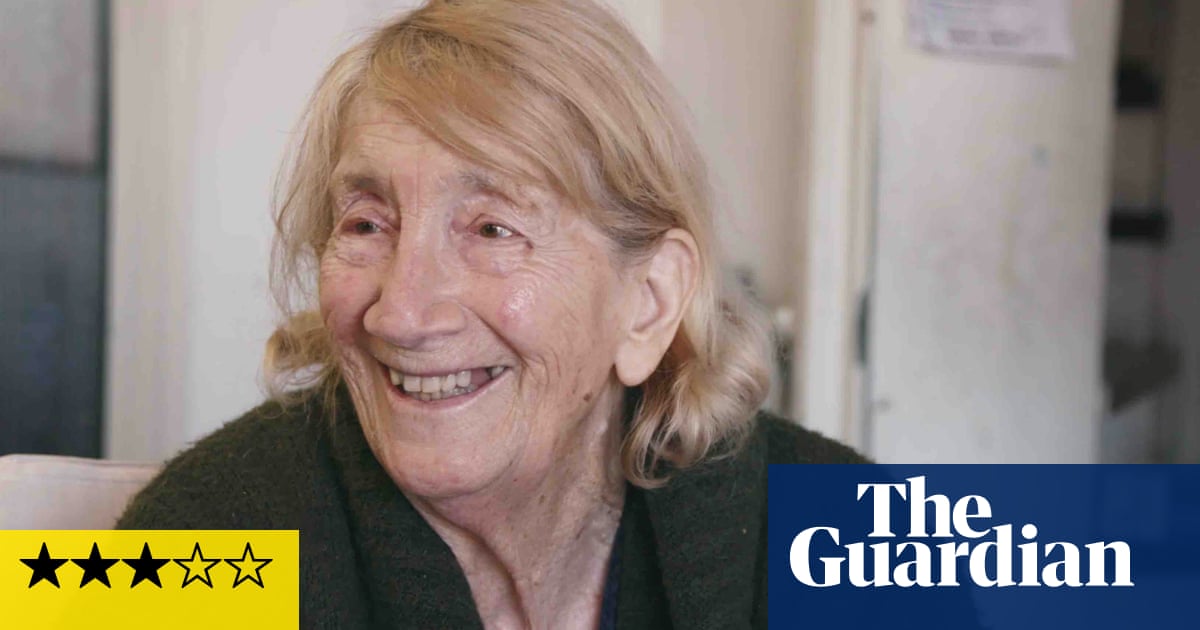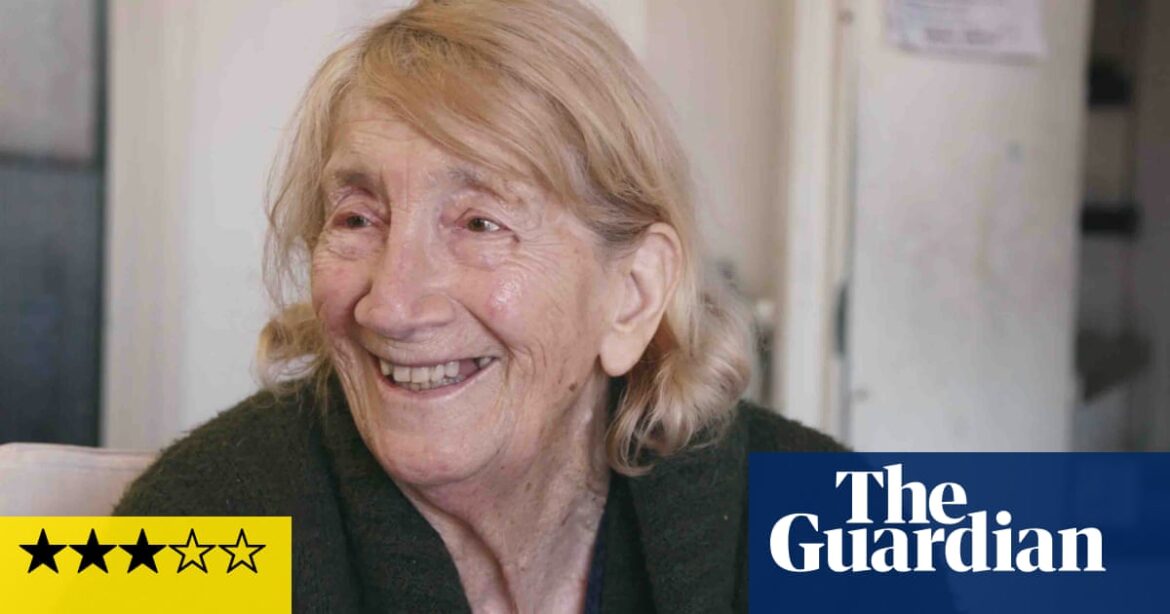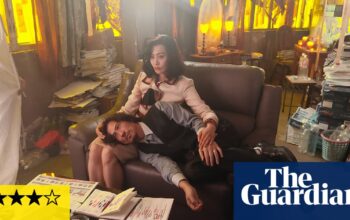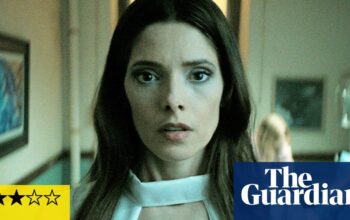
Lorenza Mazzetti was the Italian artist, writer and film-maker whose short film Together made a key contribution to the influential mid-1950s Free Cinema movement in the UK; she died in 2020 having returned to Italy and spent her subsequent career writing novels and memoirs, and running a puppet theatre in Rome. While her film output was undeniably slim, she was one of the vanishingly few female directors operating in Britain in the 1950s, and has become something of a focus and symbolic figure for academics and film-makers hoping to unearth hidden histories.
This undoubtedly has been the case for Brighid Lowe, associate professor at the Slade School of Fine Art, the institution into which Mazzetti barrelled as a neophyte artist in 1951, and where, Oscar-Wildeishly, she announced her “genius” to the institution’s director, painter William Coldstream. The meat of Lowe’s film, a self-described labour of love at least five years in the making, is interview material with a 90-year-old Mazzetti by fellow academic and critic Henry K Miller, in which Mazzetti (with a bit of prompting) reminisces about her time in London, and the roots of her art, in what now looks like a final testament.
It becomes clear she was unavoidably marked by her traumatic wartime experience, when the family of her Jewish uncle Robert Einstein was murdered by the SS in 1944 (and Einstein, in hiding at the time, killed himself a year later). Mazzetti and her twin sister Paola, who were living with the Einsteins in Tuscany, were spared, apparently because their surnames (accurately) indicated they weren’t Jewish. In Mazzetti’s words, she “ran away” from this horror to a war-ravaged London; once at art school she liberated camera equipment and film stock to make a pair of short films inspired by Franz Kafka, the prince of outsiderdom, before gaining the backing of the BFI’s Experimental Film Fund to make Together, which featured artists Michael Andrews and Eduardo Paolozzi as deaf brothers in London’s East End.
In retrospect, Together, which was included in the first Free Cinema programme at the National Film Theatre (alongside films by Lindsay Anderson, Karel Reisz and Tony Richardson) was the high point of her film work. While a number of her contemporaries went on to significant directorial careers, Mazzetti returned to Italy and after a disappointing response to her 1959 Italian feature I Cattivi Vanno in Paradiso (made, like Together, in collaboration with Denis Horne) channelled her creativity into writing about the horrible events of her childhood. Mazzetti doesn’t complain that sexism derailed her film career, but as the sole woman among her Free Cinema cohort it’s hard to think it didn’t play a part. Even so, Mazzetti emerges as a vibrant, infectiously enthusiastic figure to the end.
Source: theguardian.com



